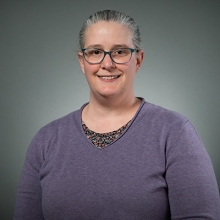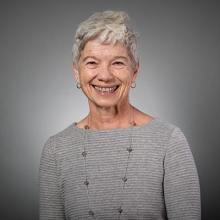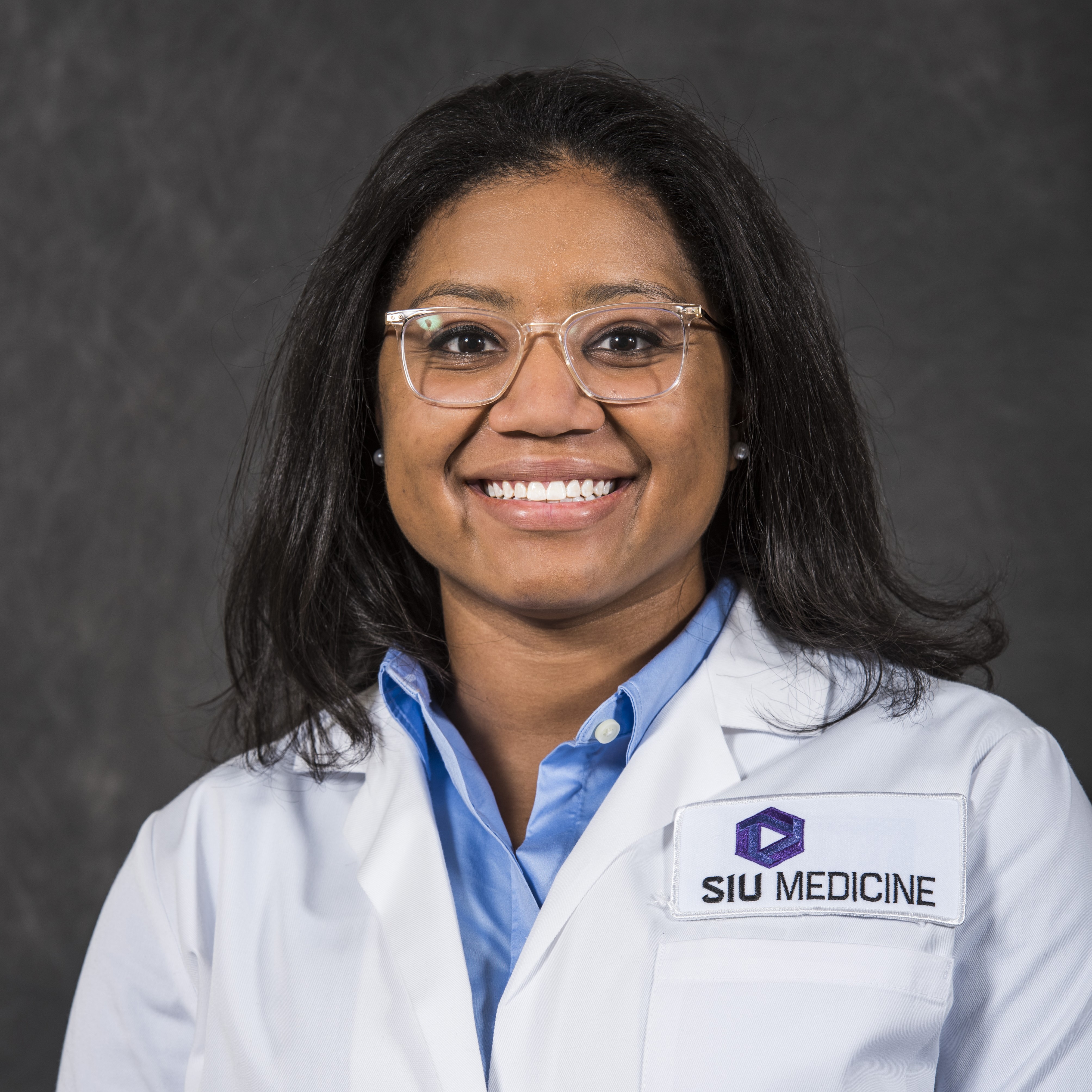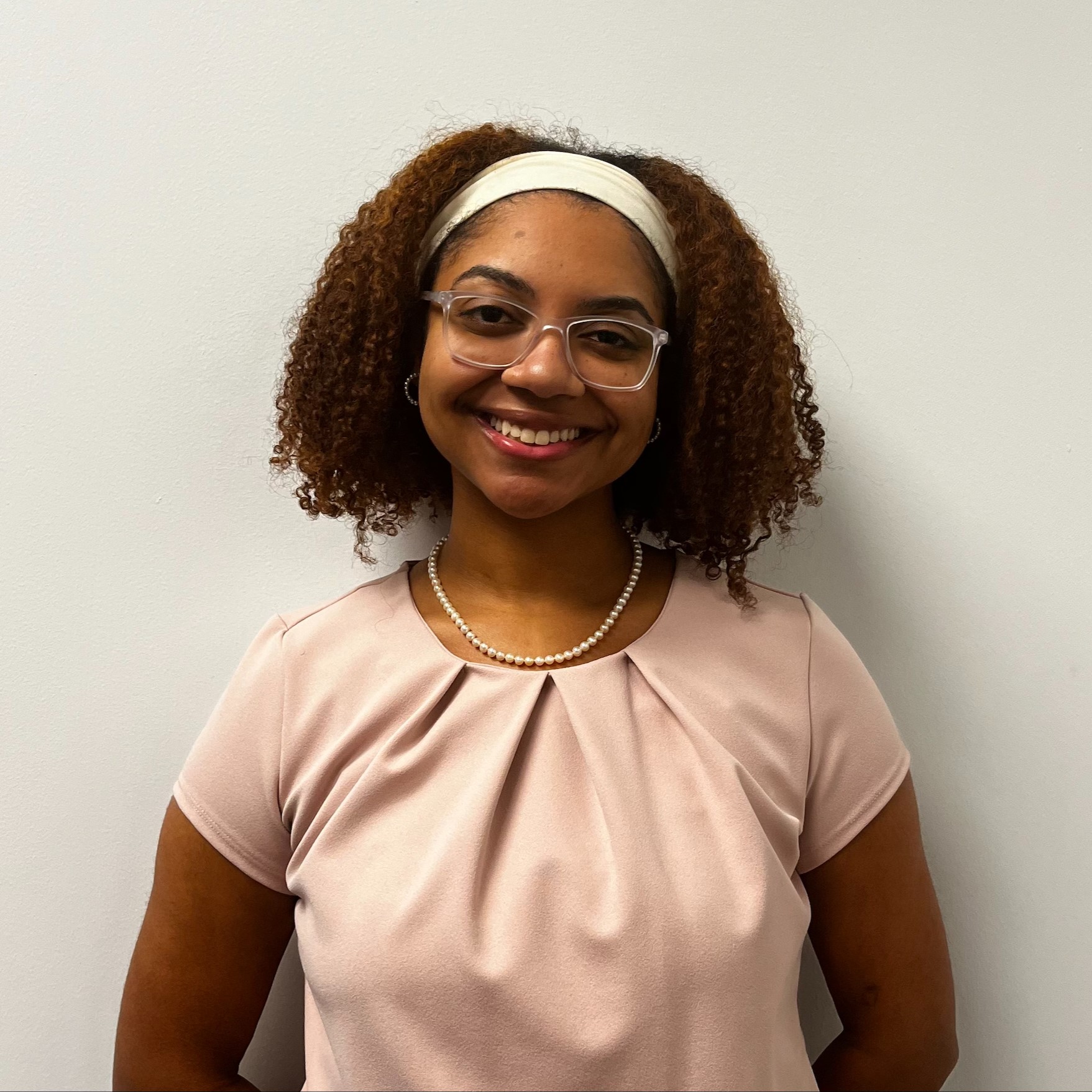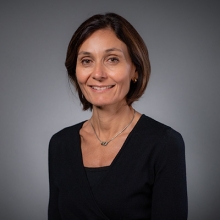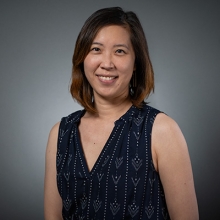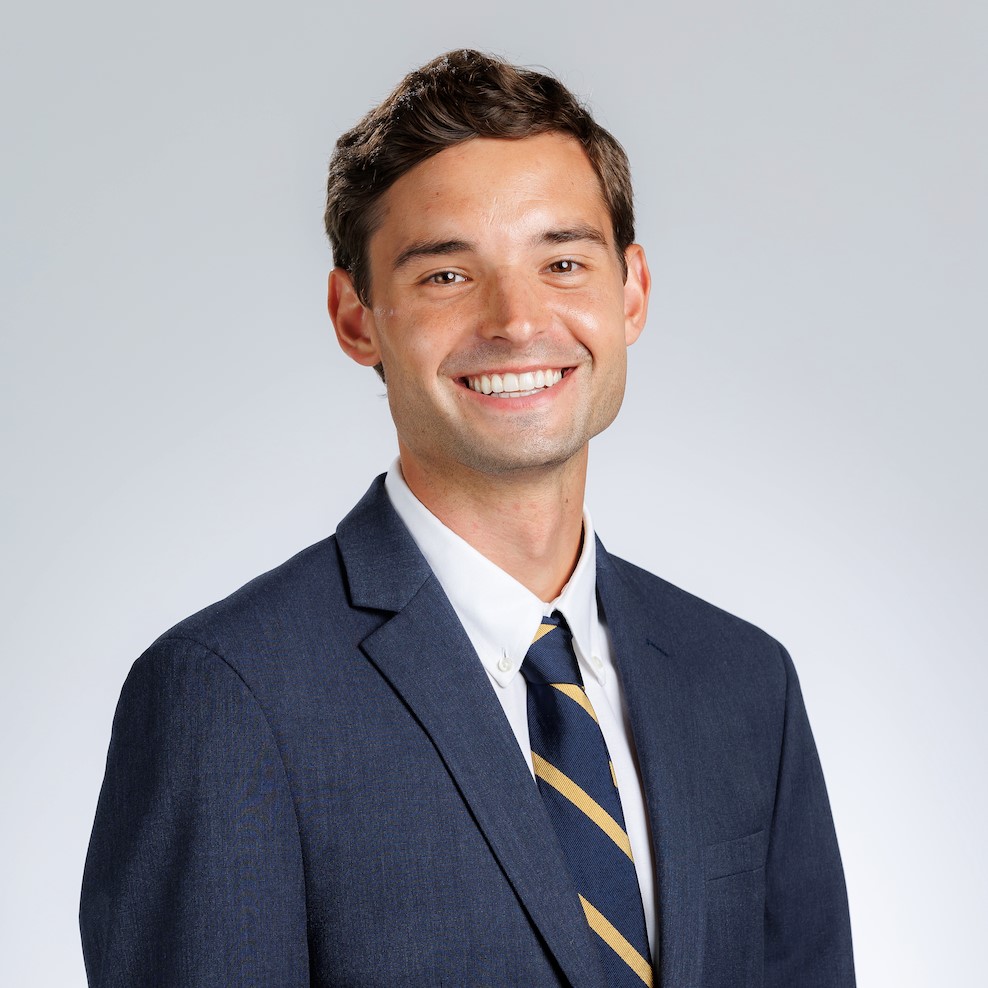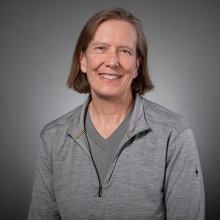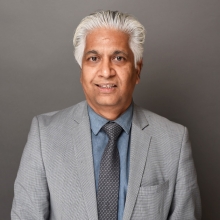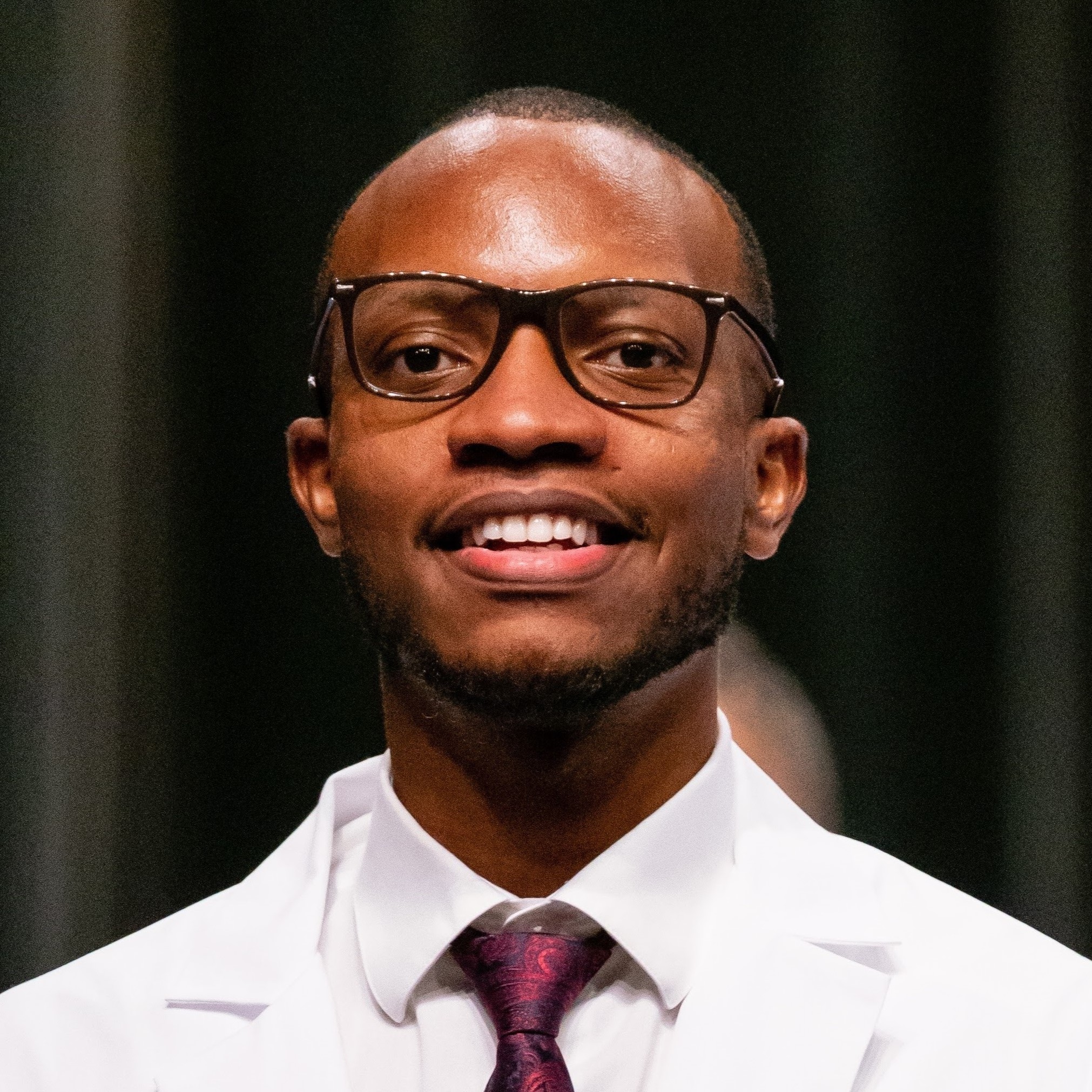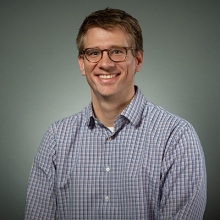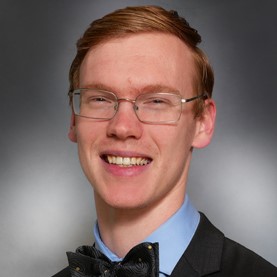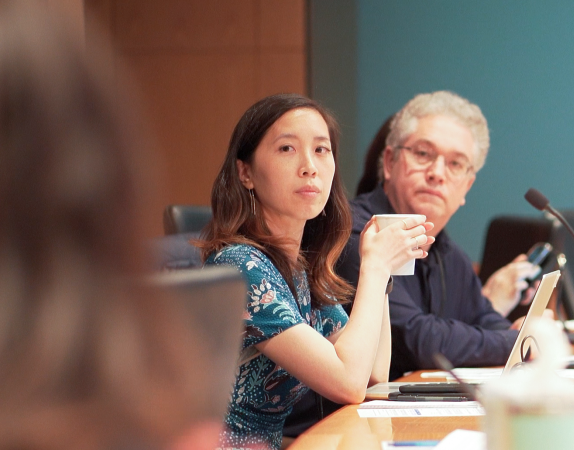
OSCE FOR CLINICAL REASONING CREATIVE COMMUNITY
OSCE FOR CLINICAL REASONING CREATIVE COMMUNITY
Learn how the power of community can be used to address the challenges of clinical reasoning assessment
Creative Communities are collaboratives that bring together NBME assessment experts and representatives of the broader health professions education community to solve the most complex and important challenges facing us in education and assessment. In 2022, NBME established the first Creative Community to develop incremental solutions with the goal of:
- Enhancing the development and assessment of learner clinical reasoning skills
- Presenting patient groups without bias or stereotypes
- Minimizing group differences in learner outcomes
- Enabling all institutions to better support learner skill development across the continuum of medical education and training
From 2022-2024, this Creative Community explored the use of simulation, specifically OSCEs, to assess and provide feedback on the learner’s process of clinical reasoning. Upon review of existing assessment tools, the Community noted a focus on the outcomes of clinical reasoning – if a learner reached correct or plausible conclusions. However, they do not provide insight into how learners reached that conclusion, nor can they produce feedback for learners to improve their reasoning skills.
Drawing on the expertise of NBME staff, faculty educators and students, the Community developed a novel case format to assess the behaviors of Hypothesis-Driven Information Gathering, the iterative ability to generate and refine hypotheses based on gathered information, then use those hypotheses to direct subsequent information gathering.
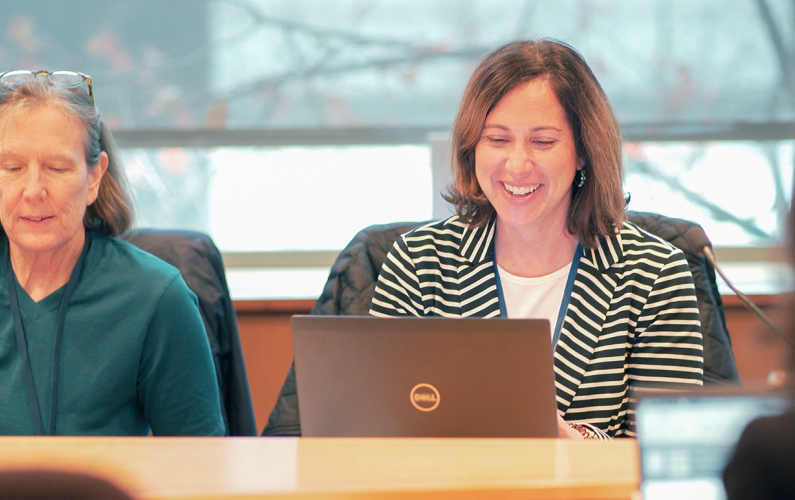
How can the power of community be used to assess the complexities of clinical reasoning?
Watch a short video to learn more about our collaborative exploration of clinical reasoning assessment.

